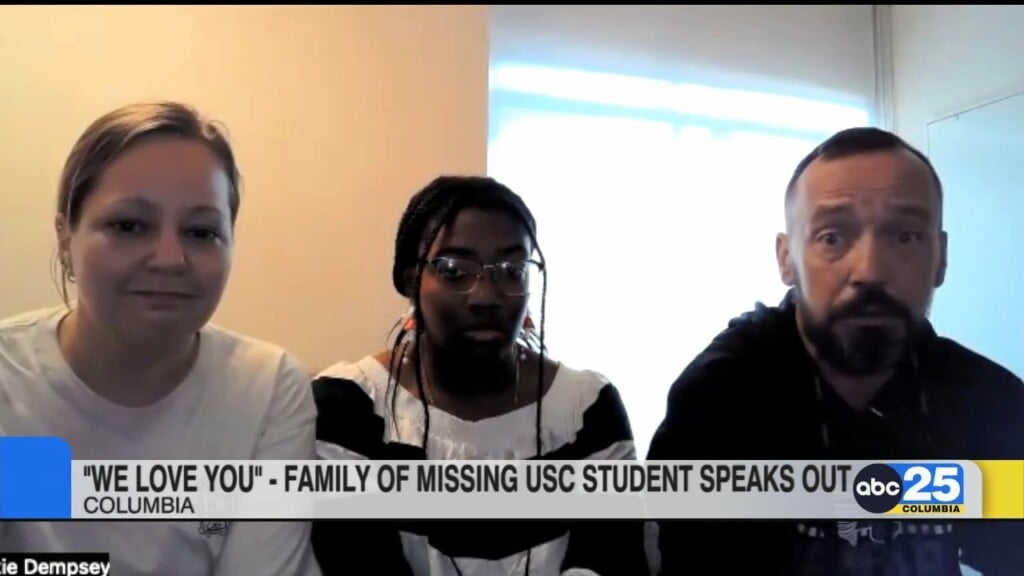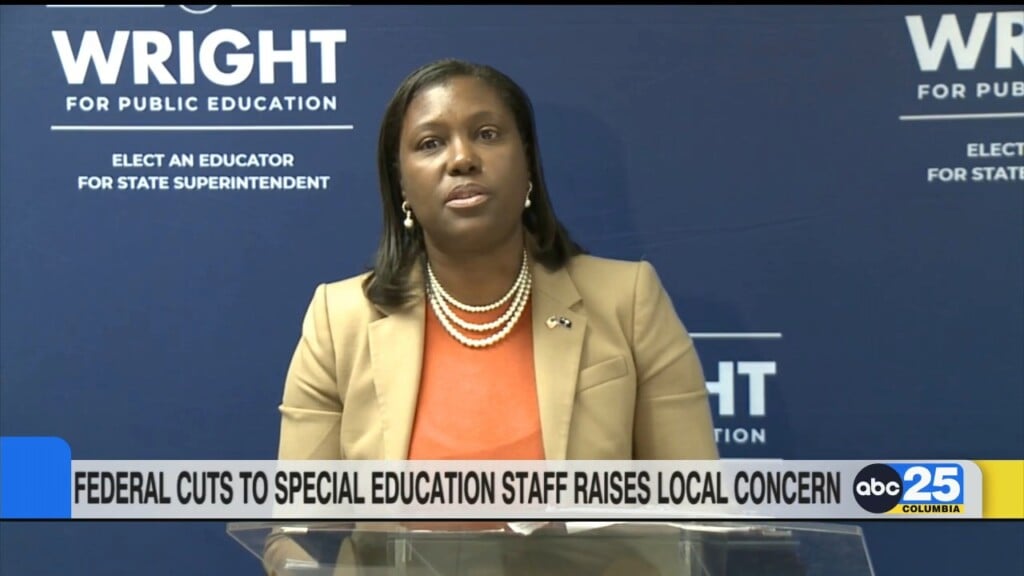Trump’s AG Pick on 1986 Allegations of Racism: ‘I Abhor the Klan’
Donald Trump’s pick to become the next U.S. attorney general vehemently disputed “amazing” allegations that he harbors racial bias, insisting to a Senate panel today that decades-old accusations suggesting he may support the Ku Klux Klan are absolutely false.
“I abhor the Klan and what it represents, and its hateful ideology,” Sen. Jeff Sessions, R-Ala., told the Senate Judiciary Committee, which is holding confirmation hearings this week to consider Session’s nomination to lead the Justice Department.
He walked into the Senate hearing room this morning to shouting from some protesters dressed in Ku Klux Klan costumes, and others holding signs saying, “Stand Against Xenophobia” and “Love Trumps Hate.” Sessions seemed unfazed, and many in the room cheered as the protesters were removed. At least two other protesters interrupted his opening remarks, one shouting, “No Trump, no KKK, no fascist USA.”
In his statement to the Senate Judiciary Committee this morning, the Alabama senator vowed to tell incoming president Trump “no” when necessary. He defended police and law enforcement officers across the country who have been “unfairly maligned” in recent years, and he insisted he understands the struggle for justice by “African-American brothers and sisters” and from the lesbian, gay, bisexual and transgender community.
In the hours ahead today, Sessions is sure to face tough questions over his record on civil rights and his plan for cooling tensions between law enforcement and the communities they serve.
“The Department of Justice must never falter in its obligation to protect the civil rights of every American, particularly those who are most vulnerable,” Sessions told senators in his opening remarks.
The chairman of the Senate Judiciary Committee, Sen. Charles Grassley, R-Iowa, said Sessions’ 20 years in the Senate mean, “We know him well.”
“He is a man of honor and integrity, dedicated to the faithful and fair enforcement of the law, who knows well and deeply respects the Department of Justice and its role,” Grassley said in his own opening remarks, noting that as U.S. attorney in Alabama during the 1980s, Sessions “oversaw the investigation of Klansman Francis Hays for the brutal abduction and murder of a black teenager, Michael Donald.”
Where Sessions Stands on Clinton
But the top Democrat on the Senate committee, Sen. Dianne Feinstein, D-Calif., told Sessions before his opening remarks that it’s important for the next attorney general to enforce the law “equally for all Americans,” not to advocate for his own beliefs.
Noting “there is so much fear in this country,” particularly in African-American communities, Feinstein called Session’s record “extremely conservative.”
She said he has taken “deeply concerning” stances, including support for keeping people out of the United States based on their religion, support for “illegal” waterboarding of terrorism suspect, and opposition to gay-rights legislation.
Feinstein also cited Trump’s promise on the campaign trail that his attorney general would appoint a special prosecutor to investigate Hillary Clinton.
“That’s not what an attorney general does,” Feinstein said. “The attorney general does not investigate or prosecute at the direction of the president.”
For Sessions’ part, he vowed today that as attorney general, he would recuse himself from any matters related to Clinton.
On the campaign trail, Sessions spoke out against Clinton over her use of a private email server as secretary of state, which became the subject of an FBI criminal investigation.
Sessions, whose testimony was interrupted by protesters several times today, noted that the presidential campaign was “contentious” and that he made several comments about Clinton’s potential criminal culpability.
“I do believe that that could place my objectivity in question … [so] I think the proper thing would be to recuse myself,” Sessions told senators.
Sessions Stakes Position on Same-Sex Marriage
Sessions, 70, has faced additional criticism from top Democrats and some civil rights groups over decades-old allegations that he made racist remarks when he was a U.S. Attorney in Alabama. Critics have also expressed concerns that Sessions assailed the Supreme Court’s 2015 ruling that same-sex couples have a constitutional right to marry, and he opposed the Matthew Shepard Act, expanding the definition of “hate crimes” to include attacks on people based on their sexual orientation, gender or disability.
“I deeply understand the history of civil rights and the horrendous impact that relentless and systemic discrimination and the denial of voting rights has had on our African-American brothers and sisters. I have witnessed it,” he said in his opening remarks. “I understand the demands for justice and fairness made by the LGBT community.”
Asked later whether he believes the issue of same-sex marriage is settled, now that the Supreme Court has ruled that gay and lesbian couples can marry, Sessions said he will “follow that decision.”
Violent Crime ‘Cannot Continue’
Much of Session’s opening remarks today focused on the “heroin epidemic” across America and the jump in violent crime in certain U.S. cities, including record-setting murders and shootings in Chicago last year.
“These trends cannot continue,” he said. “It is a fundamental civil right to be safe in your home and your community … It will be my priority to confront these crises vigorously, effectively, and immediately.”
At the same time, Sessions vowed to support state and local law enforcement across the country, calling recent attacks on police in the line of duty “a wake-up call.”
“In the last several years, law enforcement as a whole has been unfairly maligned and blamed for the actions of a few bad actors and for allegations about police that were not true,” he said. “If we are to be more effective in dealing with rising crime, we will have to rely heavily on local law enforcement to lead the way.”
‘Caricature of Me in 1986 Was Not Correct’
Many Democrats have expressed concern over testimony during Session’s confirmation hearing for a federal judgeship in 1986, when some accused Sessions of calling a white civil rights lawyer a “disgrace to his race” and dubbed some actions by the National Association for the Advancement of Colored People “un-American.”
“After four days of hearings and extensive testimony, Jeff Sessions’ nomination was rejected by a Republican-controlled Senate Judiciary Committee. He was too extreme for Republicans in 1986,” Sen. Patrick Leahy, D-Vermont, wrote in the Boston Globe Sunday. “Now that he is nominated to be attorney general, we will see if the same person is still too extreme for Republicans.”
Leahy, until recently the top Democrat on the Senate Judiciary Committee, said “Sessions has repeatedly stood in the way of efforts to promote and protect Americans’ civil rights.”
But sessions today said, “This caricature of me in 1986 was not correct. I conducted myself honorably and properly at that time,” and “I did not harbor the animosities … that I was accused of – I did not.”
He also insisted that politics will play no role in his Justice Department.
“The Office of the Attorney General of the United States is not a political position, and anyone who holds it must have total fidelity to the laws and the Constitution of the United States,” Sessions said today.

